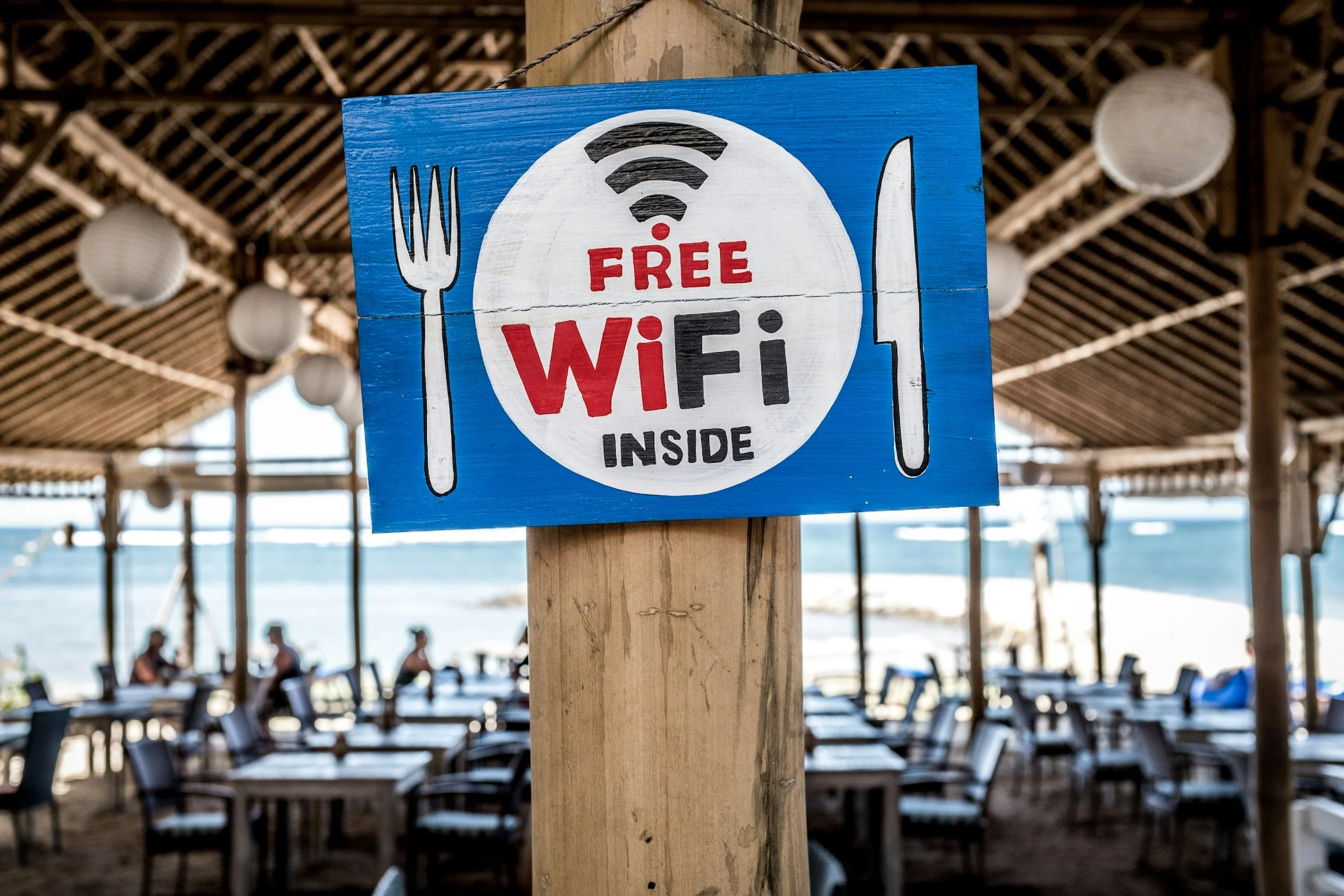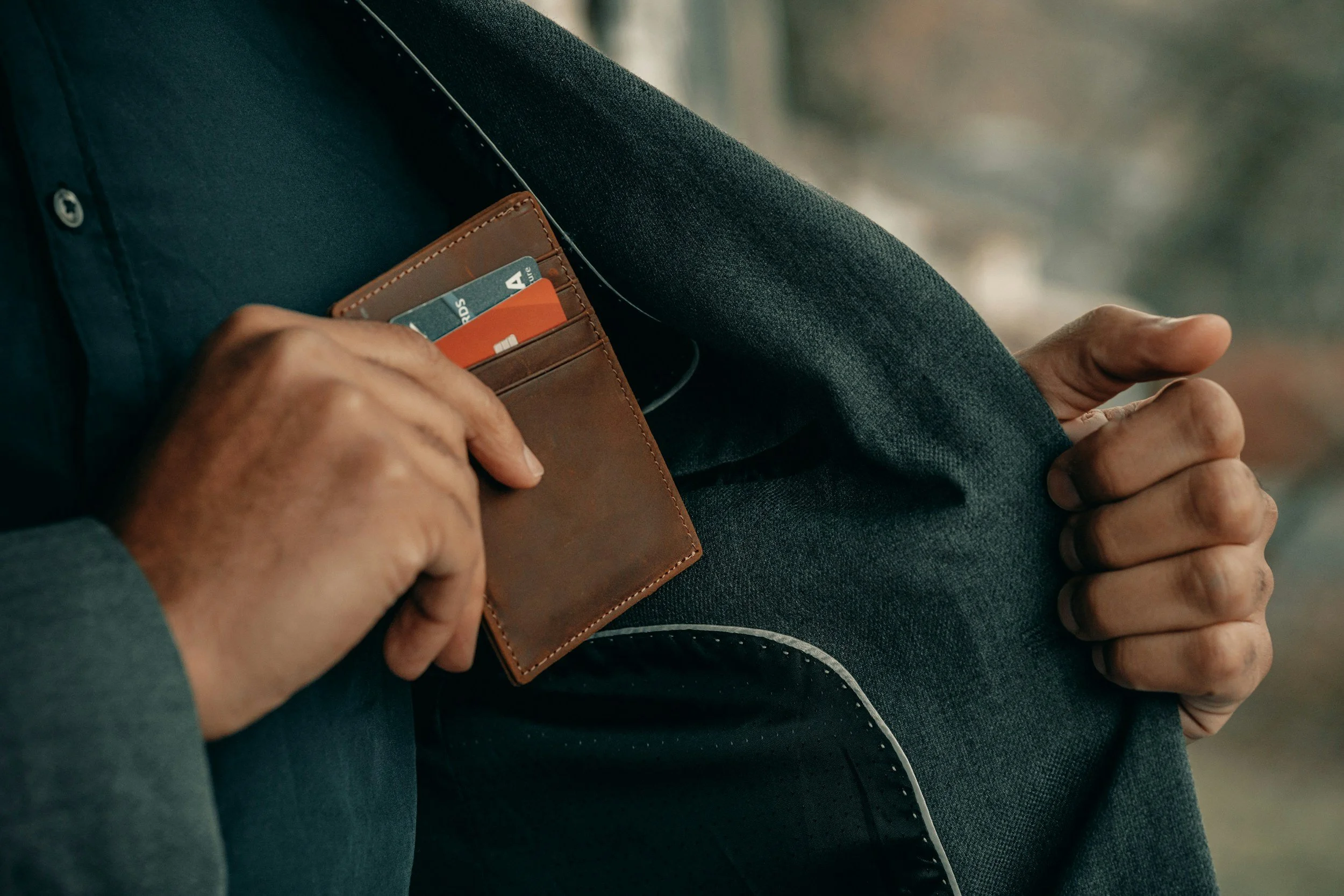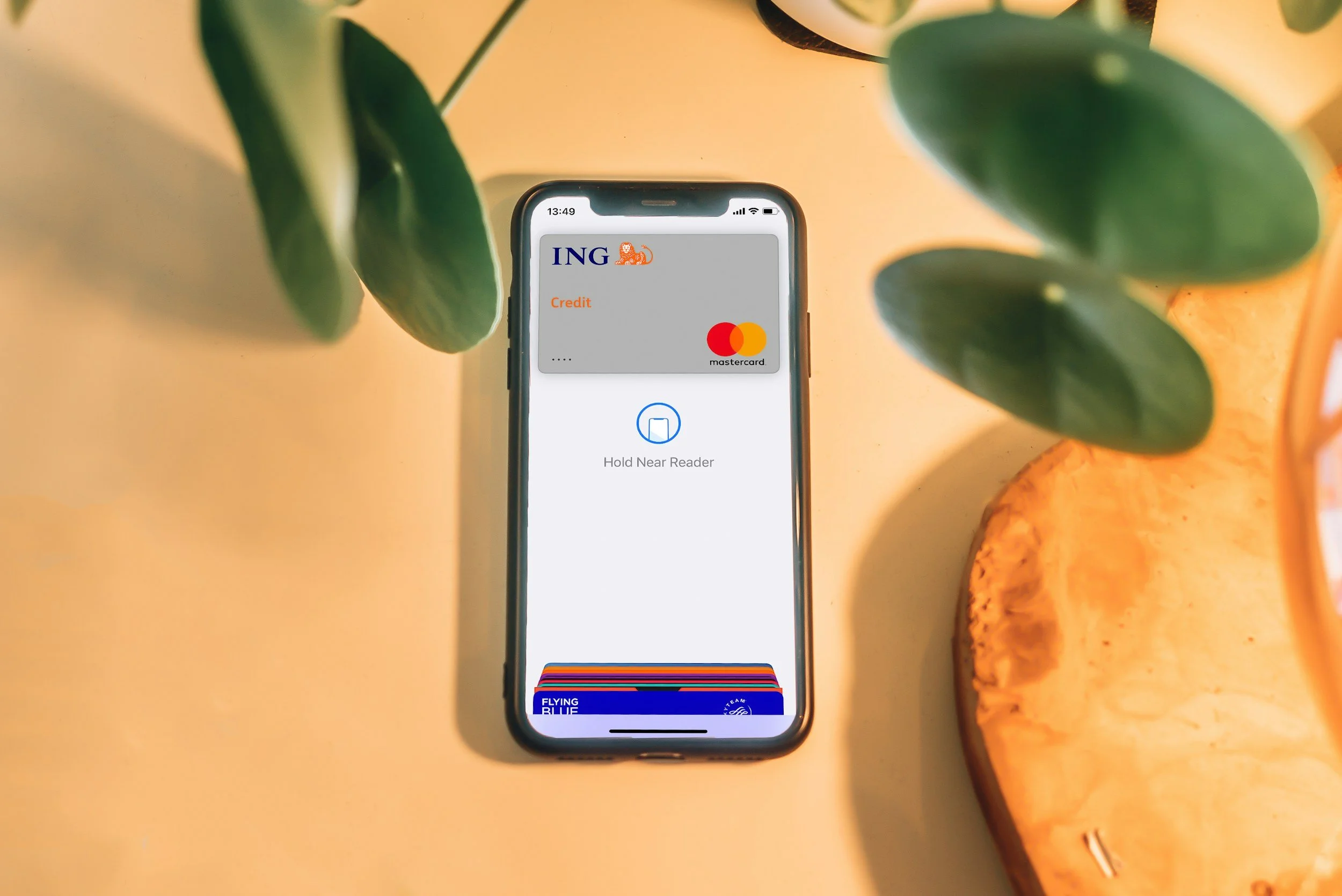Don’t Let Identity Theft Crash Your Vacation
Whether you’re jetting off to Europe or heading out for a weekend in wine country, one thing you don’t want to bring home is identity theft. It’s easier than ever for fraudsters to access personal information - especially when you’re outside your normal routines and focused on fun.
Luckily, a few simple precautions can go a long way. Below are five smart travel tips to help you protect your identity while travelling - so you can relax and enjoy your trip without worry.
1. Avoid Public Wi-Fi for Sensitive Transactions
Free Wi-Fi is everywhere - airports, cafés, hotel lobbies - but it’s rarely secure. Accessing bank accounts, paying bills, or entering personal login information over these networks puts you at risk.
When you do go online, use a VPN (Virtual Private Network). It encrypts your data and helps block hackers from snooping on your activity.
Travel tip:
Install a reputable VPN app on your phone and laptop before your trip so you're protected anytime you connect.
2. Use RFID-Blocking Wallets or Sleeves
Contactless credit cards and e-passports can be “skimmed” by digital thieves using radio-frequency scanners. It takes seconds - and you won’t even notice it happened.
RFID-blocking accessories are an easy fix. You can find everything from slim sleeves to full travel wallets that keep your info shielded from electronic pickpocketing.
Travel tip:
Choose an RFID-blocking wallet or passport holder you’ll actually use - bonus points if it zips or snaps shut for added security.
3. Only Carry What You Need
Your everyday wallet might be filled with cards and IDs you don’t really need on vacation. The more you carry, the more you risk losing.
Stick to the essentials: your passport, one or two payment cards, travel insurance info, and a backup form of ID.
Travel tip:
Snap a photo of the cards and documents you bring (front and back) and store it securely in the cloud - just in case you need to report something lost or stolen.
4. Check Your Accounts Daily
It only takes a minute to glance at your bank or credit card activity. Doing this once-a-day can help you catch fraud early and avoid bigger headaches later.
Before you leave:
Set up text or email alerts for any charges
Enable notifications for foreign transactions
Know how to freeze your card in case of theft
Travel tip:
Make checking your account activity part of your morning coffee or evening wind-down routine while you travel.
5. Be Cautious with Public Computers and ATMs.
Some public computers may be infected with keyloggers, sneaky programs that record every keystroke - including passwords and credit card numbers
Travel tip:
Avoid entering sensitive information on shared computers and stick to ATMs inside banks or airports where tampering is less likely.
Travel Smart, Travel Safe
Keeping your identity secure while travelling doesn’t have to be complicated. With just a few preventative steps - like using a VPN, lightening your wallet, and staying alert, you can enjoy your vacation with peace of mind.
When you work with a trusted travel advisor, peace of mind comes built into the itinerary. From secure resort recommendations to practical safety tips, you’ll have expert guidance every step of the way - so you can focus on the fun, not the fraud.





